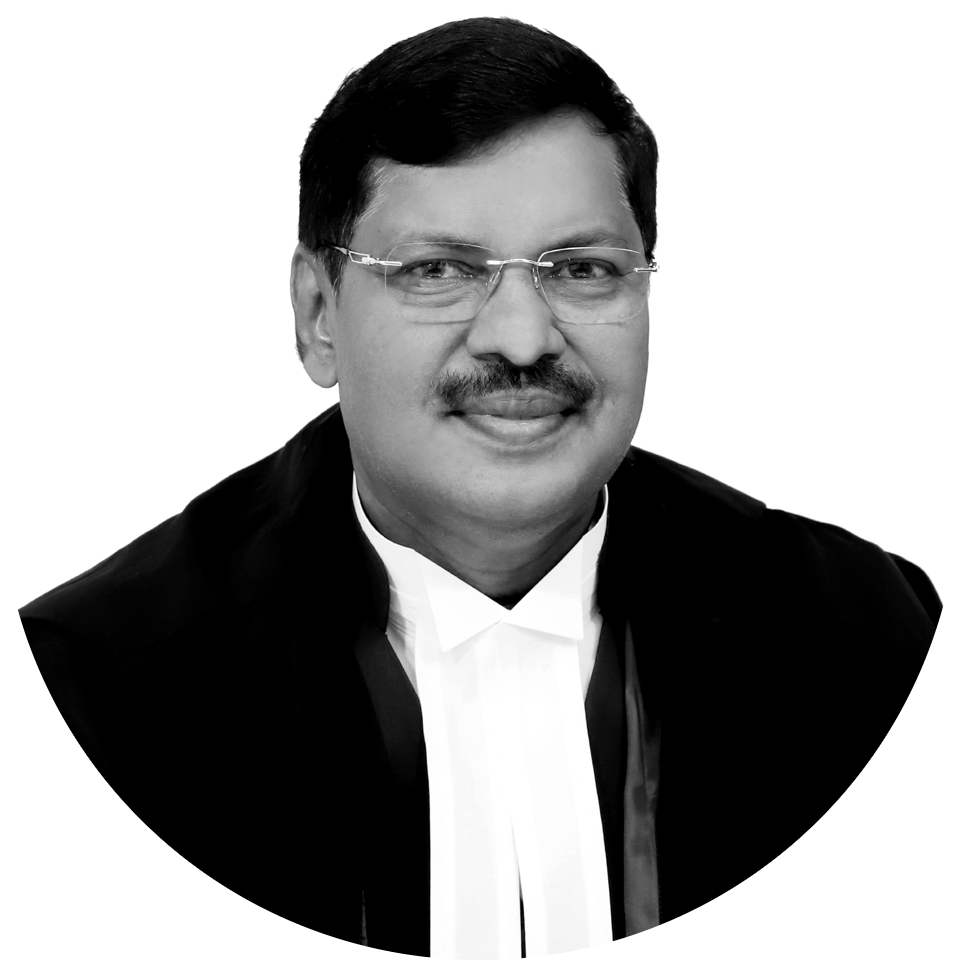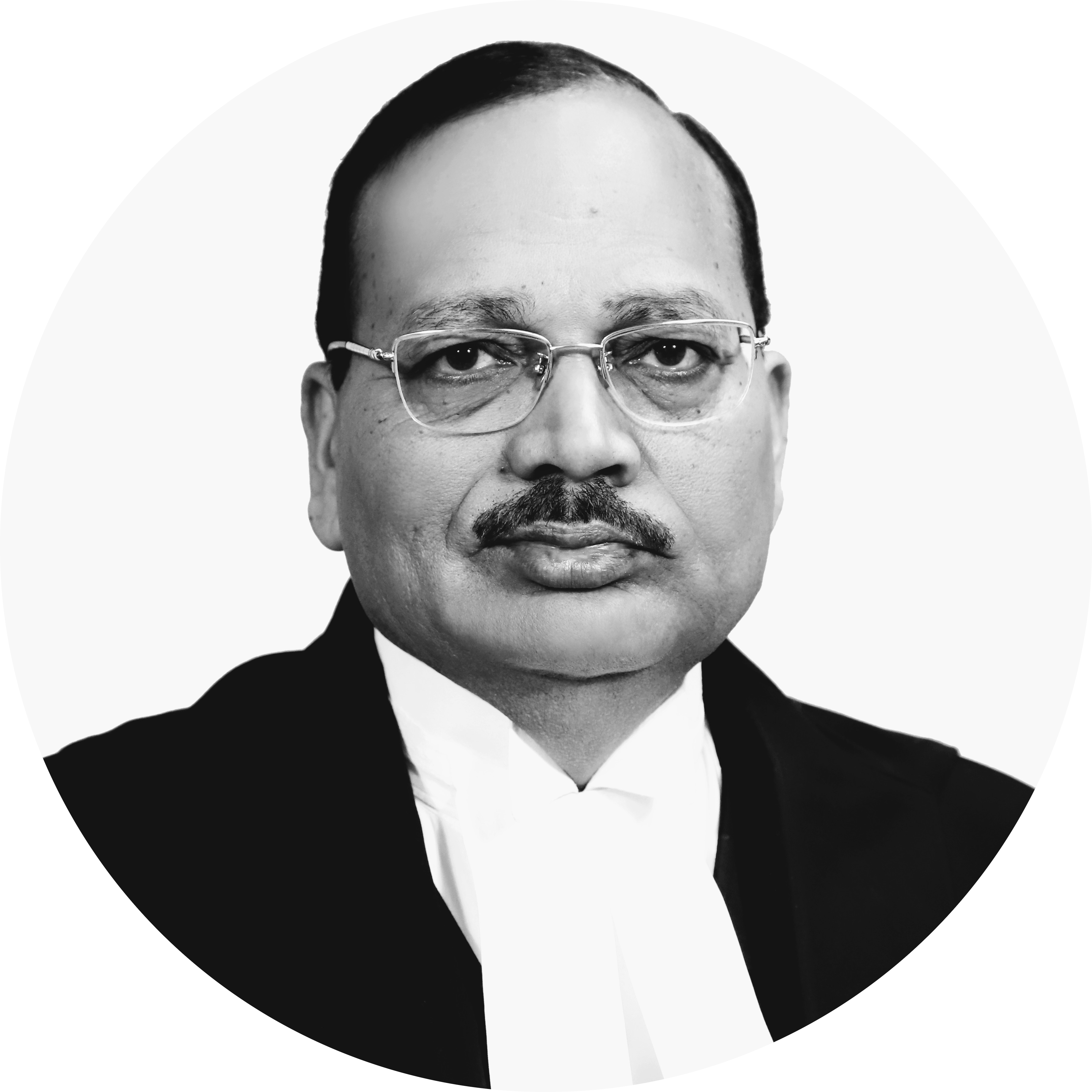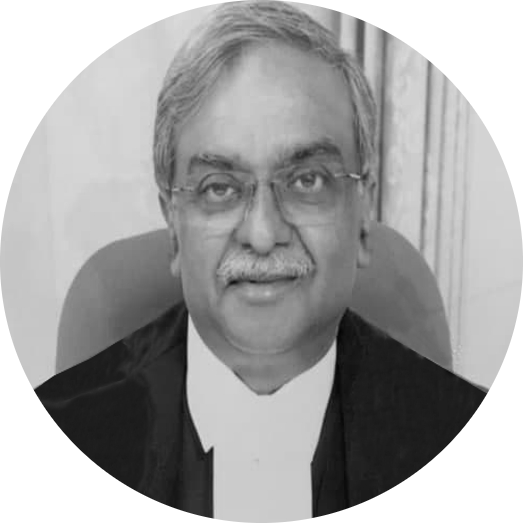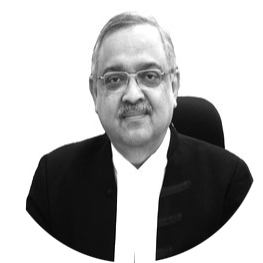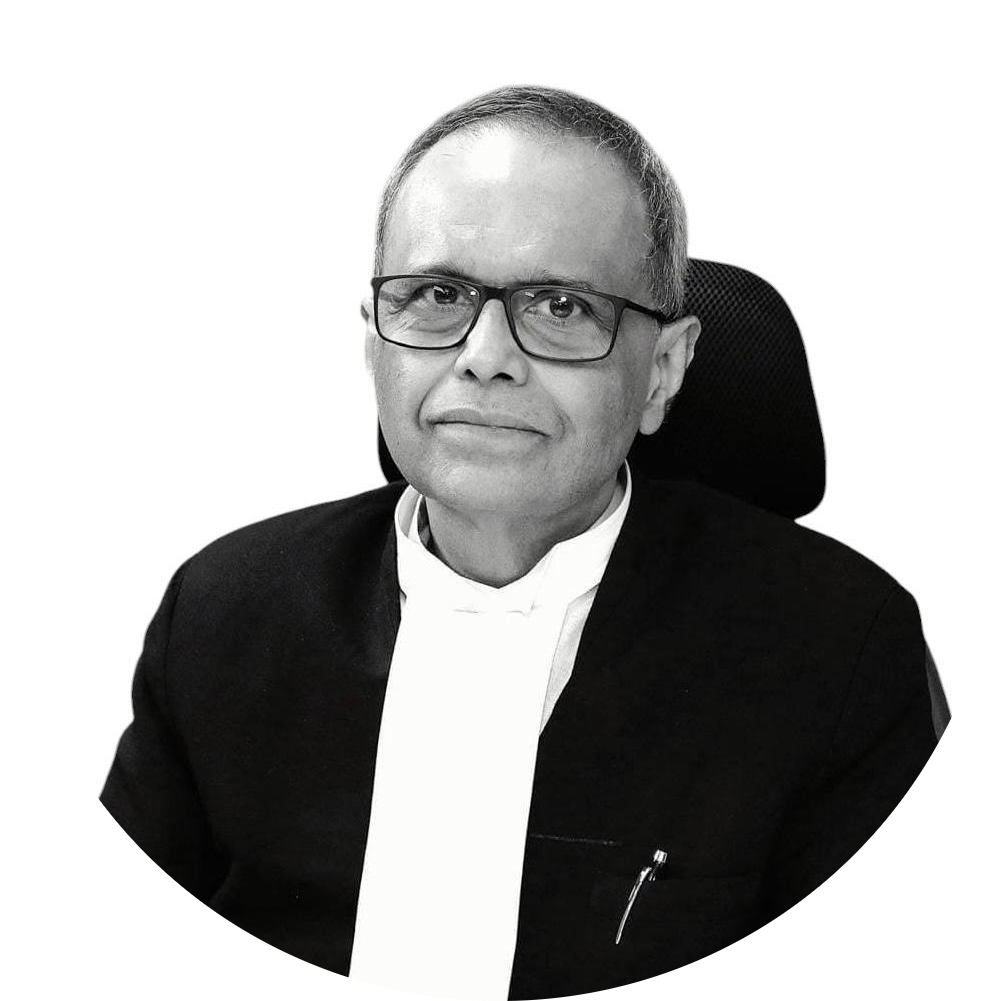Reservation for Civil Judges in Principal District Judge posts
All India Judges Association v Union of India
Citation: 2025 INSC 1328
A five-judge Constitution Bench framed binding guidelines for determining seniority in the Higher Judicial Service.
Decided
Parties
Petitioner : All India Judges Association
Lawyers: Advocates Ankit Yadav,Akhilesh Kumar Pandey, Abhijit Sengupta, Pravir Kumar Jain, Rakesh Dahiya
Respondent: Union of India
Lawyers: ASG K.M. Nataraj; AAG Mohammad Ali Khan, Shiv Mangal Sharma, Vivek Jain, Nachiketa Joshi; Senior Advocates Dinesh Dwivedi, Vijay Hansaria, Amit Rawal, Sachit Jolly, Gopal Sankaranarayanan, Devashish Bharuka, Atul Yashwant Chitale, R. Basant, Ashok Gaur, V.Giri, A. Hariprasad, Rajshekhar Rao
Amicus Curiae : Senior Advocate Siddharth Bhatnagar
Lawyers:
Case Details
Case Number: W..P. (C). No. 1022 of 1989
Next Hearing: October 28, 2025
Last Updated: November 19, 2025
Key Issues
Does the existing system of promotion to District Judge cadre disadvantage Civil Judges and Judicial Magistrates First Class compared to direct recruits?
Should the Supreme Court develop a uniform national framework to determine seniority and promotion within the Higher Judicial Service?
Can the Court direct for promotional quotas within the Principal District Judge cadre?
How should merit and seniority be balanced to ensure equitable progression and uniformity?
Case Description
The All India Judges Association case, instituted in 1989, has served as a continuing platform for judicial service reforms across India. The present proceedings focus on promotion stagnation and inter-seniority among members of the Higher Judicial Service (HJS).
On 16 September 2025, a Bench of Chief Justice B.R. Gavai and Justice K. V. Chandran heard submissions from amicus curiae Senior Advocate Siddharth Bhatnagar, who pointed out the restricted career progression of Civil Judges. He submitted that unlike direct recruits, many officers retire before attaining the level of Principal District Judge (PDJ). The Court acknowledged that promotional structures vary widely across states and called for a detailed report from all High Courts.
On 17 September, the Bench noted that stagnation at the Civil Judge level had become a systemic problem. It issued notices to the Chief Secretaries and Administrators of all states and union territories and to the Registrar Generals of all High Courts. States and High Courts were directed to file their responses.
On 7 October, after reviewing these responses, the Bench examined a consolidated note prepared by Bhatnagar. It observed that in many jurisdictions, officers recruited at the entry level “often do not reach the level of PDJ, leave aside reaching the position of a High Court Judge.” The order noted that this stagnation discouraged talented lawyers from joining the judiciary at the entry level and stressed the need for a “meaningful and long-lasting solution.”
Finding divergent approaches among states, the Court concluded that a uniform national framework to determine seniority and promotion within the HJS was essential. Accordingly, the matter was referred to a five-judge Constitution Bench to lay down authoritative guidelines on:
- criteria for determination of seniority;
- promotional quotas, if any; and
- the balance between merit and seniority in advancement to the post of PDJ.
On 14 October, a Bench led by CJI Gavai with Justices Surya Kant, Vikram Nath, K.V. Chandran and Joymalya Bagchi scheduled the case for arguments from 28 October 2025.

